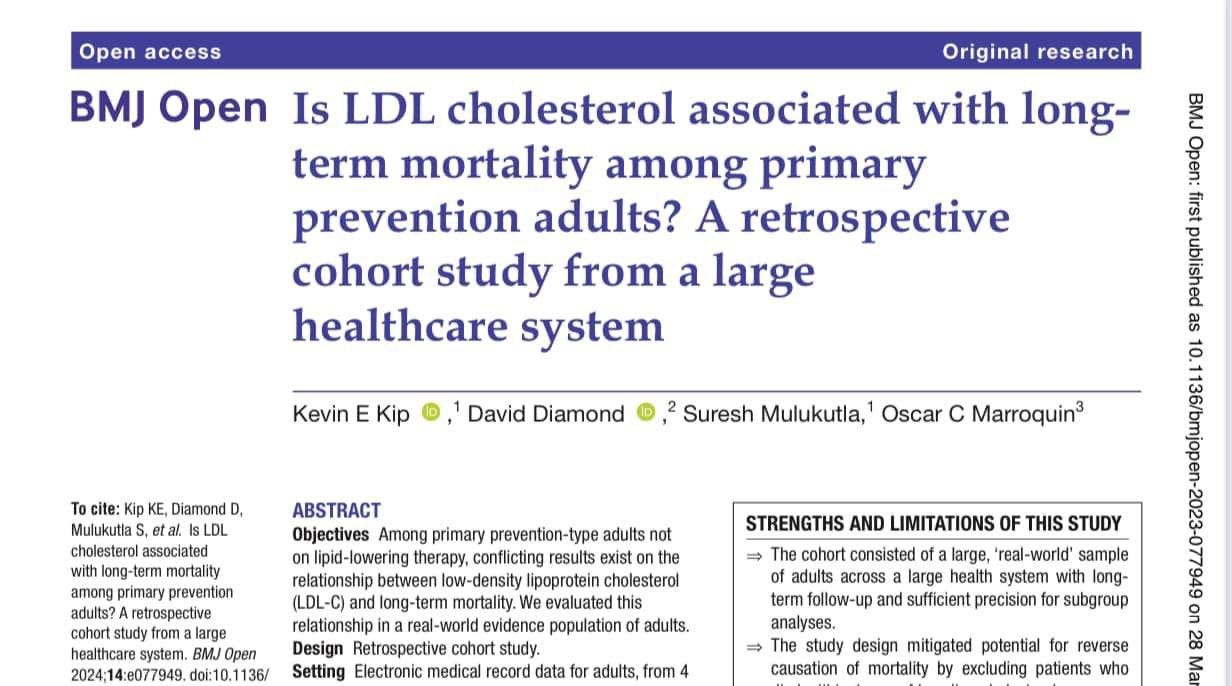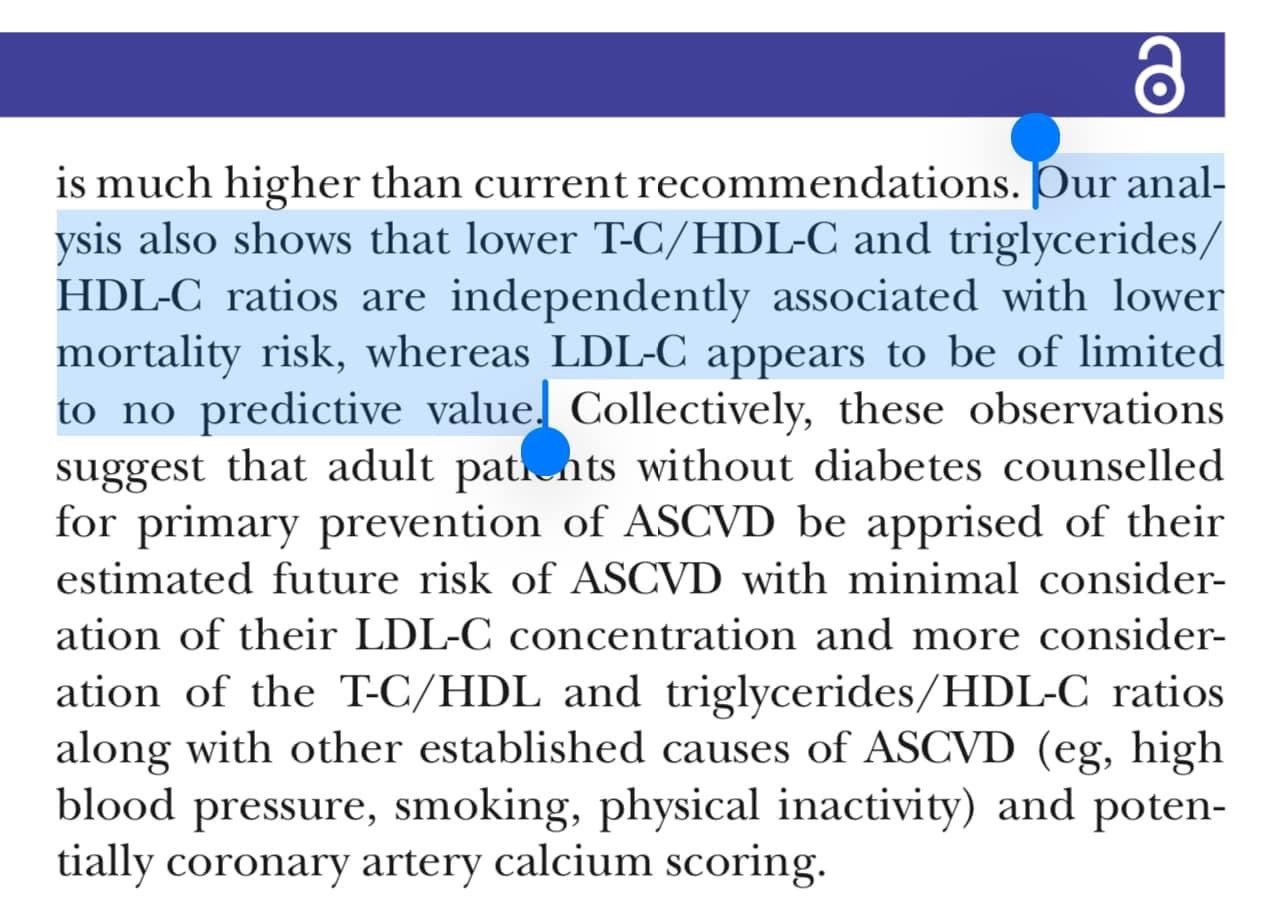If you or anyone you care about is dealing with the side effects of drugs that supposedly address blood pressure, cholesterol, or type 2 diabetes, this interview is worth listening to.
In 2021, at the height of the lockdown and pandemic saga, I had an 80-minute Zoom chat with Dr. Malcolm Kendrick, a Scottish General Practitioner, heart disease specialist, and author of "Doctoring Data," "The Great Cholesterol Con," "The Clot Thickens," and "Statin Nation." Malcolm offers a uniquely honest perspective on the healthcare industry and the harm caused by the cholesterol narrative. He uses data and humor to cut through the misinformation.
After I published this interview on YouTube, it was taken down within 24 hours, and my channel got flagged—a clear sign that we breached some painful truths.
Today, more research has come to light confirming Dr. Kendrick’s analysis: we’ve been misled for over half a century with false medical data that helps sell drugs, ruining the lives of people who now depend on these drugs—sometimes taking tens of prescriptions at the same time.
Take statins, for example. The claim that cholesterol leads to cardiac disease was a sales pitch for these drugs from the get-go, now a $15 billion market. According to a new BMJ study, “Is LDL cholesterol associated with long-term mortality among primary prevention adults? A retrospective cohort study from a large healthcare system,” even the “bad” version of cholesterol, LDL, is associated with lower mortality risk.
Statins convey no health benefits, but plenty of side effects:
Muscle pain and weakness
Liver damage
Digestive problems
Increased blood sugar levels
Neurological side effects
Increased risk of hemorrhagic stroke
Skin reactions
Fatigue
Extract from the study: “New Study Confirms Higher LDL Levels of ‘Bad’ Cholesterol Are Linked to Reduced Risk of Death in People Who Do Not Suffer from Coronary Disease.
“A 22-year study published in BMJ Open on 177,000 people found low LDL cholesterol is linked to higher mortality than cardiovascular disease. Researchers say the lowest risk of long-term mortality was detected in the LDL range of 100–189 mg/dL, which is much higher than current recommendations. Cholesterol is produced 80% internally by the organism itself, in the liver, and is necessary for healing damage to the body, for the production of cell membranes, steroid hormones (progesterone, estrogen, testosterone, cortisol), and vitamin D, while it constitutes 40% of the nervous system. The study finds that, preventively, to assess cardiovascular risk, LDL levels are of little importance. More weight should be given to the triglyceride/HDL ratio and to examining the calcium score, which are the most reliable predictive indicators. The results of this study confirm evidence from many similar studies published in recent years and disconnect total mortality from total cholesterol and LDL levels.”











Talking About Fats, Cholesterol, And Statins